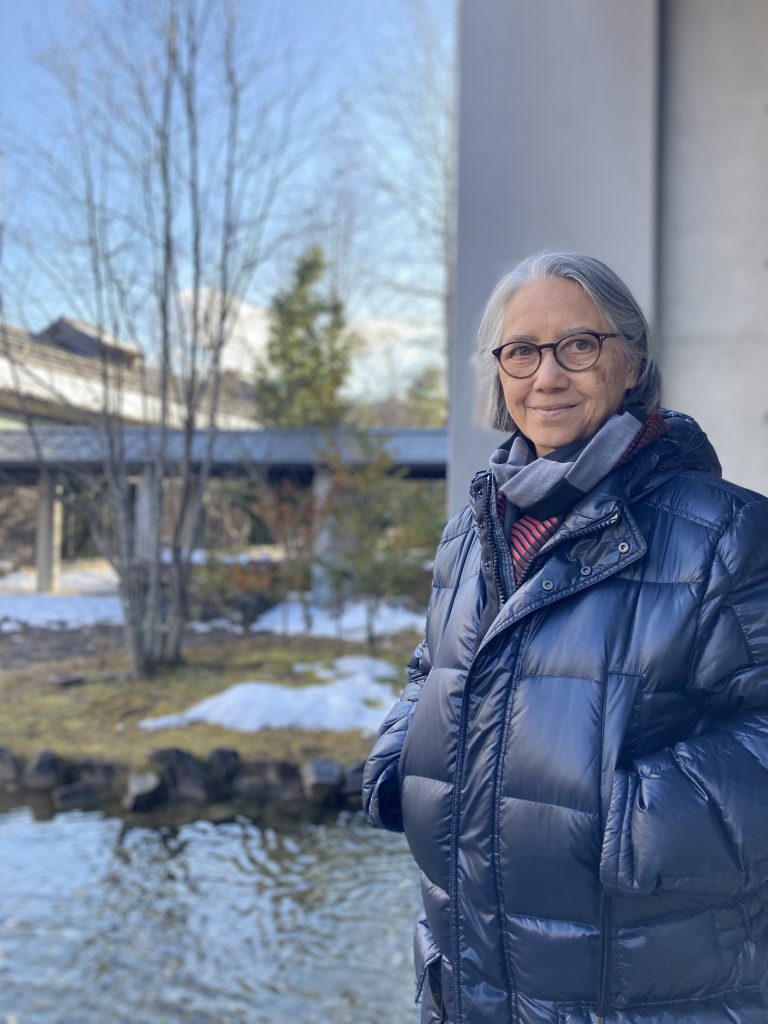Dr. Moeliono (Google Scholar) is a Senior Associate at CIFOR-ICRAF, and is based in Bogor, Indonesia. She first started working in North and East Kalimantan twenty years ago, conducting research with local communities in forest-agriculture frontiers.

What are you currently working on in forest-agriculture frontiers?
I am working in these frontiers from the perspective of policy and governance: How is governance (of land or forests) changing, how do local people perceive these frontiers. For instance, the government might say the border of a certain piece of land is here, but for local people both sides of the border might be part of their landscape. These landscapes include both shifting cultivation and settled agriculture, as well as forests where people collect NTFPs. People live from and in the forest, although maybe not all the time, often straddling these frontiers.
My work takes place mostly in Kapuas Hulu. The biggest change in these areas is large-scale oil palm plantation. Although small-scale rubber plantations were also there for a long time, the development of oil palm has changed many things economically, environmentally, and socially.
How have certain concepts or ideas contributed to your understanding of forest-agriculture frontiers?
I was introduced to new concepts like What’s the Problem Represented to be (WPR), which will be used for a paper examining the recently implemented Omnibus Law. The law focusses on economic development but also includes social forestry and rules to use forest land and states that among others, the law helps resolve tenure conflicts inherited from past regimes. Here, the law represents the problem as lack of economic development. While communities do aspire to a better economic life, the source of conflicts is not necessarily only economic but has to do with history and how the state claimed the land in the past, maintains control and the right of designating its use by whom. The WPR framework helps articulate how government solutions through policy might not solve the actual problems and might even exacerbate these.
What do you think needs to change in order to reach a more equitable future in forest-agriculture frontiers?
Unless there is a big world order change―primarily where the rich change their behavior―it is difficult to bring a big change. Policies have to change, but I have also seen many policies that have no effect on the ground. I think the way we think also has to change.
This is difficult, because we have been taught to think that we need endless growth. Growth is not only driven by population growth and its demand. There is a part of the population that have more wants than needs. There is not enough consideration of what we need, not what we want. We also look up to people that have accumulated more, and look down on people who have less, rather than thinking about why they have less.
For local communities, they may also not strive for ‘equity’ in the ideal sense, but they want their rights recognized, and they want opportunities to live a secure life. The security of those disadvantaged should at least be improved, by recognizing their rights, including the rights to own land and make a living.
As researchers, I think the one thing we can do is keep writing about what is happening (and how) in these frontiers. We should also think about what effect we as researchers have on the local communities where we conduct research. You may not go to the field to purposely influence someone, but conversations (like during interviews or focus group discussions) can trigger a thread of thinking. Hopefully, if enough people make changes, something might change on a larger scale.
Interviewed by: Ayami Kan
